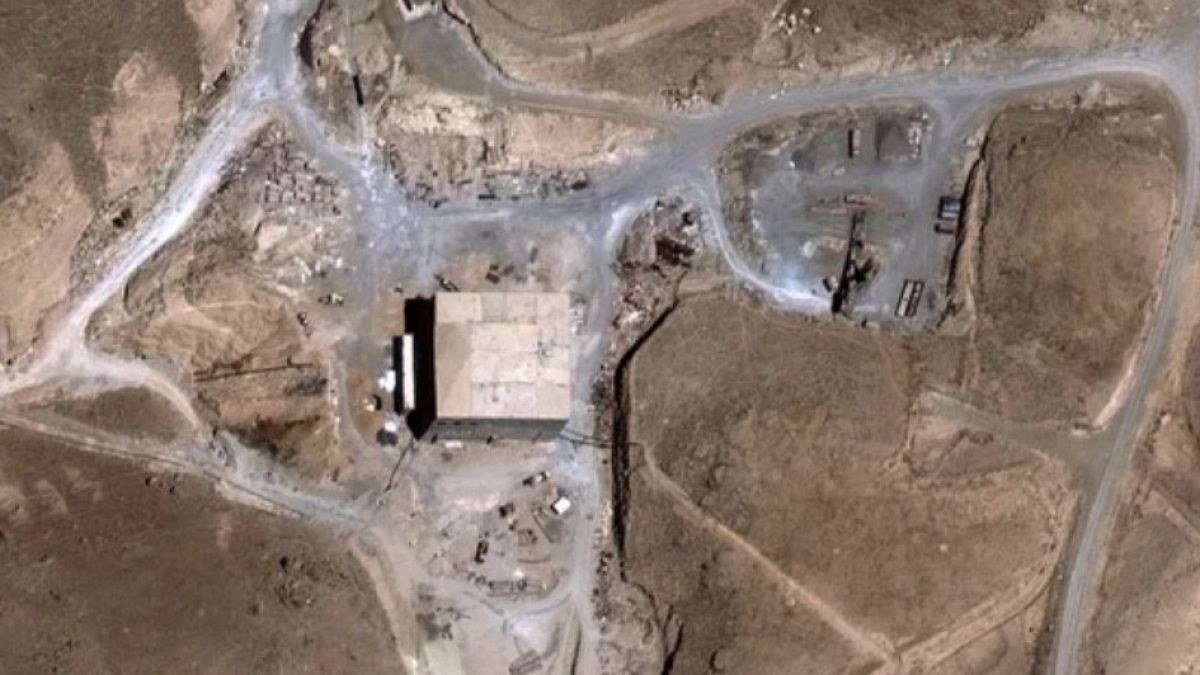Published on
Syria’s new government has agreed to give UN inspectors access to suspected former nuclear sites immediately, the director general of the International Atomic Energy Agency (IAEA) has said.
Rafael Grossi confirmed the development after talks with Syria’s interim President Ahmed al-Sharaa and other officials in Damascus.
The UN agency’s aim is “to bring total clarity over certain activities that took place in the past that were, in the judgement of the agency, probably related to nuclear weapons”, Grossi said.
He described the new Syrian government as “committed to opening up to the world, to international cooperation”, and expressed hope that the inspection process could be completed within months.
In 2024, an IAEA team visited some sites of interest while former President Bashar al-Assad was still in power.
Since al-Assad’s fall in December, the IAEA has been seeking to restore access to sites associated with Syria’s nuclear programme.
Under the former dictator’s rule, Syria is believed to have operated an extensive clandestine nuclear programme, which included an undeclared nuclear reactor built by North Korea in the eastern province of Deir el-Zour.
The IAEA described the reactor as being “not configured to produce electricity,” raising the concern that Damascus sought to construct a nuclear bomb there by producing weapons-grade plutonium.
The reactor site only became public knowledge after Israel destroyed the facility in airstrikes in 2007.
Syria later levelled the site and never responded fully to the IAEA’s questions about it.
Grossi said inspectors plan to return to the reactor in Deir el-Zour as well as to three other sites.
Targeted inspections
A miniature neutron source reactor in Damascus and a facility in Homs that can process yellow-cake uranium are among the sites under IAEA safeguards.
While there are no indications that there have been releases of radiation from the sites, Grossi said the watchdog is concerned that “enriched uranium can be lying somewhere and could be reused, could be smuggled, could be trafficked”.
He said al-Sharaa, who has courted Western governments since taking power, had shown a “very positive disposition to talk to us and to allow us to carry out the activities we need to”.
Apart from resuming inspections, Grossi said the IAEA is prepared to transfer equipment for nuclear medicine and to help rebuild the radiotherapy, nuclear medicine and oncology infrastructure in a health system severely weakened by nearly 14 years of civil war.
“And the president has expressed to me he’s interested in exploring, in the future, nuclear energy as well,” Grossi said.
A number of other countries in the region, including Saudi Arabia, the United Arab Emirates, Egypt and Jordan, are pursuing nuclear energy in some form.
Grossi said Syria would most likely be looking into small modular reactors, which are cheaper and easier to deploy than traditional large ones.
Read the full article here


